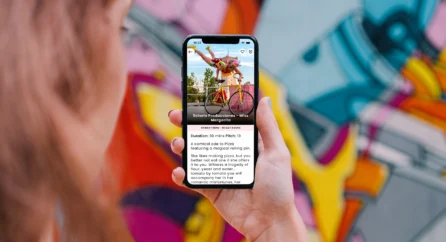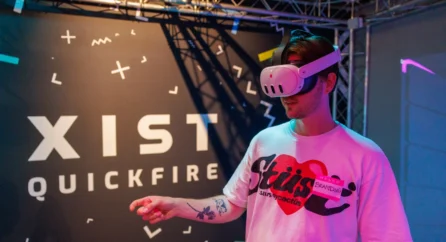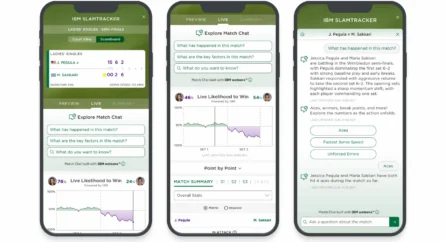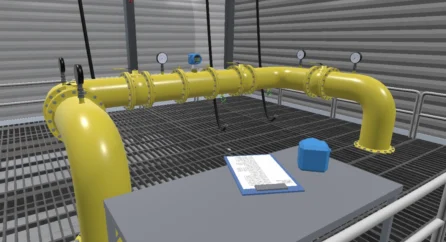Home Knowledge Base Top tips for virtual events
Top tips for virtual events
8th January 2021
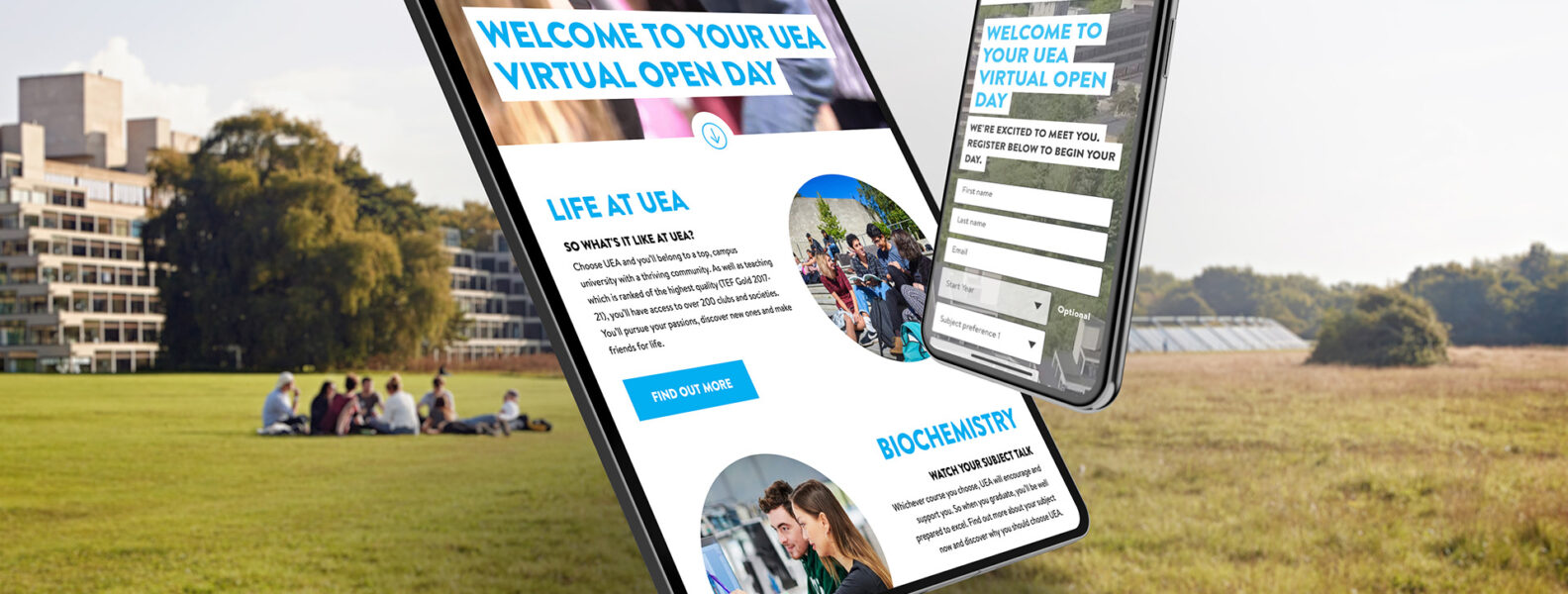
Well here we are in 2021 and it’s straight back into national lockdown – at least here in the UK. Once again, any social or business event is possible only through digital technology – but while this is undeniably frustrating for so many, we’ve learned a thing or two over the past year when it comes to hosting virtual events. So we’ve pulled together some top tips that you should know before you enter the digital event arena… .
Start planning sooner rather than later
Firstly, you need to make sure you’re fully prepared. The processes involved in creating a virtual event, whether that’s a web platform, a fully immersive VR experience, mobile app or video stream, differ significantly from hosting a physical event. Longer lead times, testing rounds and tech reliability are all challenges you might find yourself up against. So if you’re looking to create something bespoke and technologically impressive, it’s best to start your research and planning long before the event is due to be held so you’ve got enough time to develop, build and test.
Find the right tech platform
It’s important to make sure the digital platform you choose is appropriate for your event. Consider how many people will need access, how much content you want to share, the types of content that will be featured and whether the platform will be something you want to repurpose in future. Are you looking for something pioneering and memorable, or will an off-the-shelf solution fit your bill? There’s a huge choice out there for all budgets and event types, so make sure you do a little research into the type of event you’re after and find a tech partner you can trust to help you create the solution that’s best suited to your needs.
Get ready for a longer production process
The process of devising and building a digital experience is pretty different to hosting a live event on location. One of the most important things to be prepared for is the difference in production timelines. Creating a virtual experience often requires long lead times to allow for processes such as the submission and approval of apps, and then time for rigorous user testing before the event. A digital event should ideally be fully signed-off weeks in advance of the event actually taking place to allow for user testing and bug fixes.
Take device deployment into account
How will your audience access the event? Consider whether you need to send out physical devices or props, for example a VR headset or an AR marker. If so, make sure you include clear instructions and give users enough time to get their head around the technology – some audiences are more tech-savvy than others. The good news is that since the pandemic hit, downloading apps is now more of a standard practice, which widens your options.
Don’t let connectivity catch you out
The last thing you want is for your event to be undermined by connectivity issues or technical glitches so it’s best to be as prepared for these as possible. Consider how you can mitigate these issues: for example, do you prompt users to download an app in advance of the event or do you include a disclaimer in your communications that a good internet connection is required? All preparation for the smooth-running of a virtual event should of course all be underpinned by thorough user testing to identify and solve any potential issues early on.
Guide your audience
Like any event, a virtual event needs marketing. But it’s worth bearing in mind that some of your audience will be likely to need more hand-holding than normal when it comes to using certain tech platforms. Think about sending pre-event communications with helpful information and advice, for example troubleshooting support or FAQs.
Choose a good partner
This is possibly the most important thing you can do. If you find a trustworthy tech partner who knows their way around the different digital options, with a proven track record in delivering good and dependable virtual experiences, then you don’t need to worry – they will guide you through the whole process. A good partner will always want to create the experience that’s the most appropriate for your event and budget – and should not be reluctant to challenge the brief if it means creating the best experience possible. Delivering your virtual event in the most seamless and reliable way will always be a good tech partner’s priority.
Related posts

How creative agencies can use immersive tech to drive results

by Infinite Form
13th Sep 2024

How creative agencies can use immersive tech to drive results

by Infinite Form
13th Sep 2024

How creative agencies can use immersive tech to drive results

by Infinite Form
13th Sep 2024

